In this DIY guide, I show you how to keep bugs away from security cameras and prevent false alarms from motion sensors.
Even if you don’t have an issue with spider webs or bugs blocking your cctv cameras, the useful tips in this article will help repel pesky insects away from your outdoor security cameras.
Here are some jump links to the main sections of this post to help you find the information you need quickly.
How to Keep Bugs Away from Security Cameras (13 Ways)
Why Are Bugs Attracted to a Security Camera System
Reasons to Keep Bugs Away
Most Common Types of Bugs
13 Best Ways to Keep Bugs Away from Security Cameras
Below is a list of the most effective ways to keep nocturnal bugs away from your home security system cameras.
So, let’s get started with a list of things to help you keep bugs away.
External IR Illuminator
Bug Zapper
Outdoor Fan
Motion Activated Lighting
Bug Spray
Natural Insect Repellant
Peppermint Oil
Camera Housing
Dome Camera
Dryer Sheets
Flea Collars
1 – Add an External IR Illuminator
An external IR illuminator is one of the most effective repellents for keeping bugs away from security cameras.
In fact, I use this method for my home security system with good results.
Unlike UV light, IR light is outside the light spectrum visible to humans.
However, insects can see this light source.
External illuminators allow you to turn off the internal IR illuminator in the camera.
Essentially, it moves the IR light source away from the camera lens.
As a result, bugs are attracted to the external IR illuminator rather than the one located on the camera lens.
2 – Use a Bug Zapper
Place a bug zapper near the camera to attract bugs away from your camera.
The bright light emitted from the bug zapper supersedes the barely visible IR light on the camera lens.
3 – Install a Fan
A well-placed outdoor fan keeps the bugs and spiders away from your camera.
The wind produced by the fan prevents bugs from reaching your camera.
Also, a fan prevents spiders from forming a web.
4 – Strategic Camera Placement
Place cameras in locations that are less likely to attract bugs.
Avoid areas with bright lights, stagnant water, or dense vegetation, as these can attract insects.
5 – Motion-Activated Lighting
Install motion-activated lighting on a timer around the camera area.
This deters bugs and keeps them away from the continuous infrared light during the night.
6 – Use Insect Repellents
Consider applying bug spray around the camera installation area.
However, be cautious not to use chemical repellents that could damage the camera or its housing.
Consult with the camera manufacturer for recommendations before you use spray bug repellent.
7 – Use Natural Insect Repellants
Natural insect repellents, such as essential oils, keep bugs away from your security cameras.
Peppermint oil works well to repel insects.
Use a paper towel or soft brush to apply a thin layer of peppermint oil around the camera.
This repels insects and provides a slippery surface.
The strong scents of essential oils is a great way to keep bugs away.
8 – Install Camera Housings
Use camera housings or enclosures that are designed to protect the cameras from outdoor use or bugs.
Make sure the housing is sealed tightly to prevent insects from getting inside.
Also, you can make the camera housing slippery and difficult to land on with teflon spray, vaseline, or silicone.
9 – Choose Dome Cameras

Dome cameras are less susceptible to bugs than some other types of cameras.
Their design makes it harder for insects to land and create webs on the camera lens.
10 – Regular Cleaning
Perform regular maintenance and cleaning of your cameras.
Also, check for any signs of insect activity, spider webs, or debris on the camera lens.
Be sure to clean the lens with a soft, lint-free cloth regularly.
11 – Create Physical Barriers
Install physical barriers around the cameras such as insect screens or mesh covers.
While these repel insects, they may obstruct your camera’s field of view and clarity.
12 – Dryer Sheet and Rubber Band
The strong smell of a dryer sheet helps keep bugs away from your camera.
Also, use a rubber band to secure the dryer sheet to the camera housing.
13 – Flea Collar
Flea collars repel fleas and bugs away from dogs and cats, but they also repel spiders.
Keep in mind, flea collars do not work well for mosquitoes.
Why Cameras Attract Bugs
An outdoor camera attracts bugs for several reasons.
Understanding these reasons help you choose the most effective way to minimize your bug problem.
Light Source
Most insects prefer night due to the light of the moon.
In addition, night vision cameras emit infrared light visible to insects.
Heat Emission
Security cameras, particularly those with IR lights generate warmth.
The warmth attracts insects during cooler nights.
Reflections
Camera lenses and housings reflect light in a way that attracts insects.
Furthermore, the reflection appears as water to insects.
Camouflage and Shelter
The design and placement of security cameras creates shelter for insects.
In addition, the nooks and crannies around cameras protect insects from predators and provide a place for webs or nests.
Presence of Other Insects
A tiny bug attracts a bigger bug and so on.
For example, spiders build webs near cameras to catch tiny insects.
To keep a spider web-free camera, focus on eliminating their food source instead of using spider sprays
Vibrations and Sound
Some insects like sensitive to vibrations and sounds.
The humming or buzzing sounds emitted by certain cameras might attract insects, especially if the frequency is within their range of detection.
Proximity to Light Sources
If you install security cameras near outdoor lights or water, you may inadvertently attract bugs.
Reasons to Keep Bugs Away from Security Cameras
Keeping bugs away from your cctv system provides the effectiveness of surveillance systems
Clear Visibility
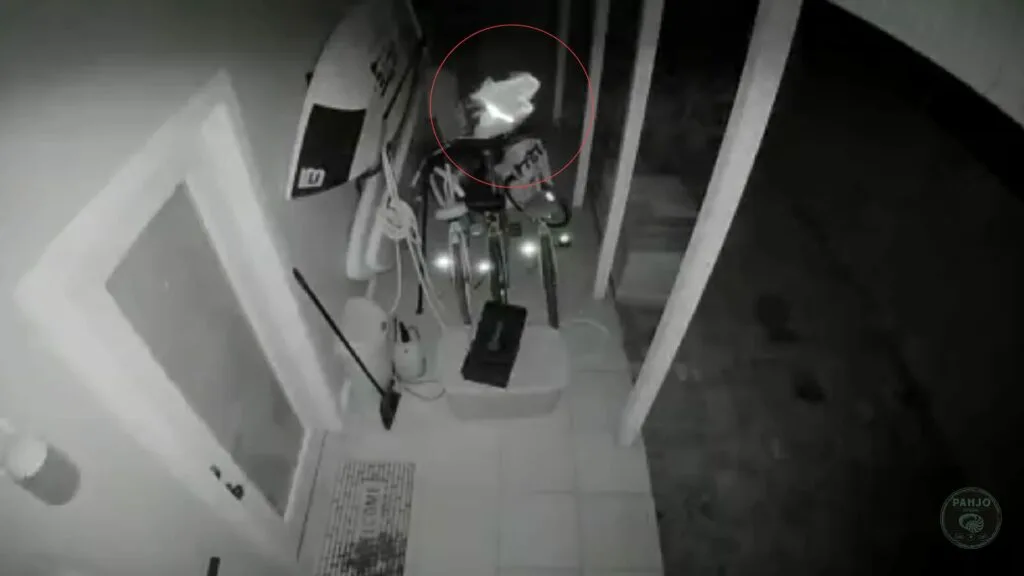
Often times, pesky bugs block the camera lens and prevent clear images.
In extreme cases, spider webs and bugs completely block the camera’s lens.
Maintaining a clear picture is crucial for your video surveillance systems to monitor and record events consistently.
Prevent False Alerts
Flying insects in the view of the camera trigger false motion detection alerts.
Most security systems rely on motion detectors, or motion-activated security cameras, to start recording.
Obviously, this common problem causes many false notifications.
Over time, these notifications may prompt you to lower the threshold of activity or ignore an important event.
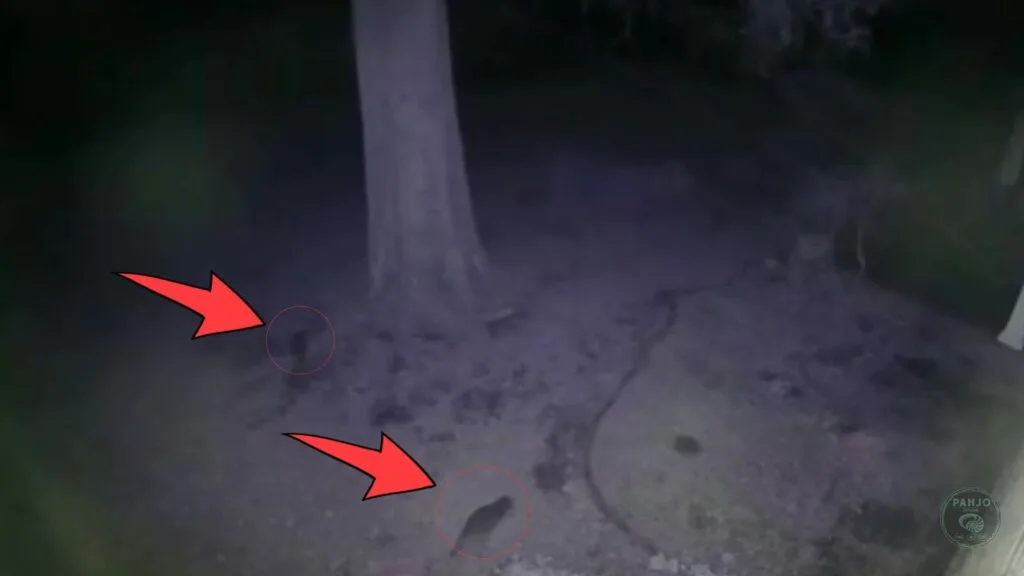
Avoid Web and Nest Formation:
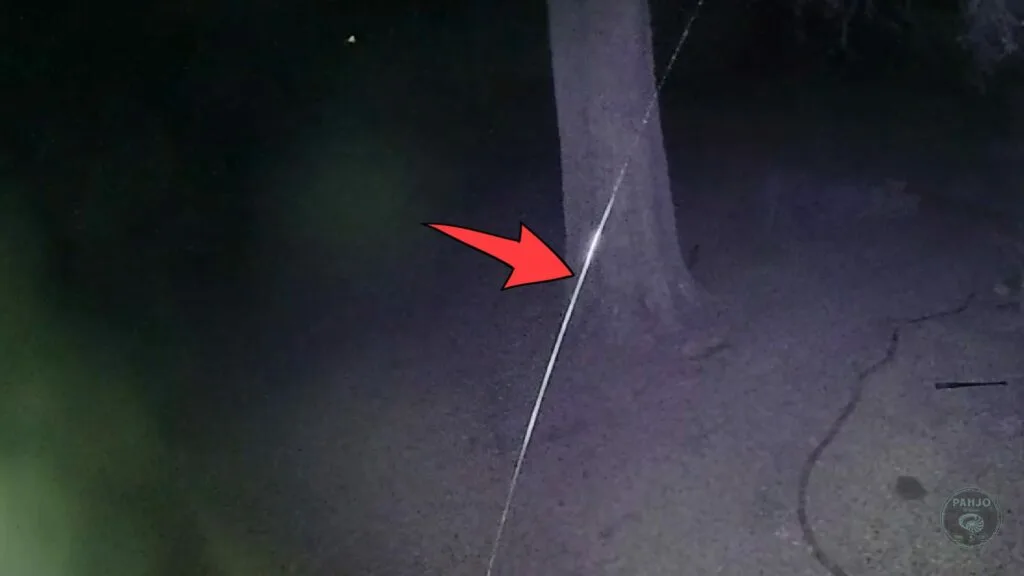
Insects, especially spiders, create webs or nests around security cameras leading to a big problem.
Not only do spider webs block a camera’s view, but they also cause damage to the camera housing.
Reduced Regular Maintenance
Regular cleaning and maintenance are required to remove bugs and their debris from camera lenses.
By taking measures to keep bugs away, you save time and effort with cleaning and maintenance.
Enhanced Night Vision
Bugs attracted to led lights interfere with night vision cameras.
As mentioned perviously, external IR illuminators with IR LEDs deter bugs and improve night vision for the security cameras.
5 Common Bugs Around Security Cameras
The bug population that cause problems for security cameras include:
Spiders
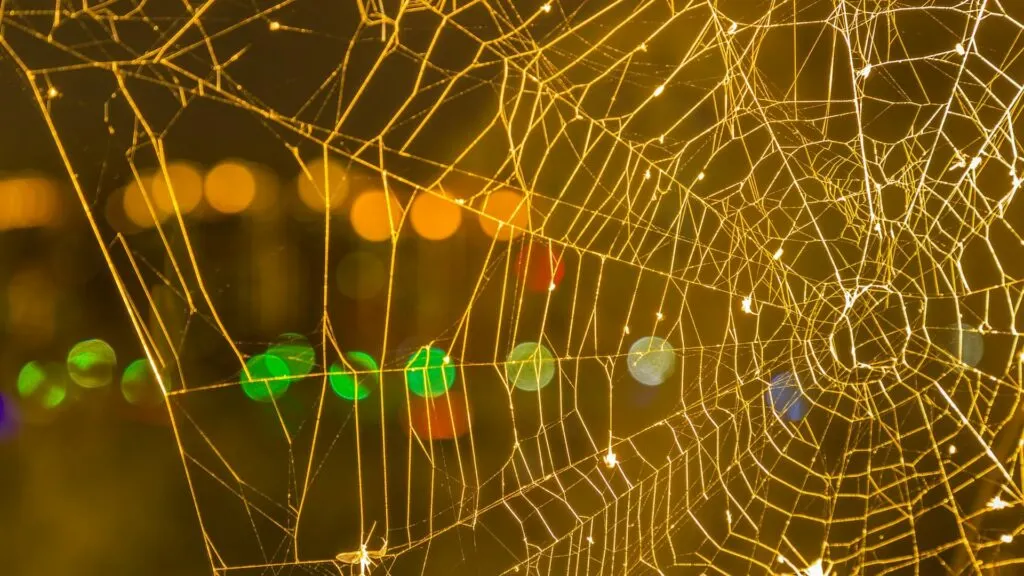
Spiders build webs around cameras to catch nocturnal insects.
These webs quickly accumulate on the camera lenses and camera body.
Ants
Outdoor cameras provide a warm and sheltered place for ants.
Often times, they crawl into camera housings and cause damage to your outdoor surveillance camera.
Mosquitoes
In southern states, mosquitoes swarm all types of security cameras.
Not only do mosquitoes cause persistent problems for your cameras, they carry diseases such as Malaria.
Keep in mind, young children are most susceptible to mosquito bites.
Hornets, Yellow Jackets, and Wasps
Hornets, yellow jackets, and wasps build nests around the camera exterior.
Obviously, these unwanted guests pose a risk to you when performing maintenance.
Moths
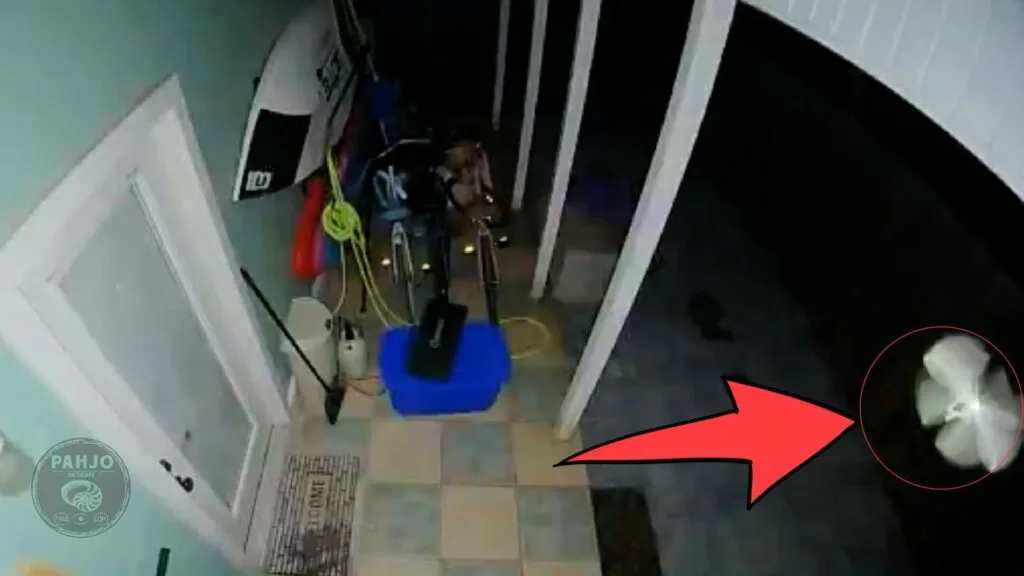
Light sources attract moths.
The large size and erratic flight patterns of moths obstruct your camera more than other insects.
Conclusion
In conclusion, I hope this article showed you how to keep bugs away from security cameras.
These simple solutions and effective methods provide a variety of ways to keep your motion-activated cameras operating efficiently.
Related Posts:
